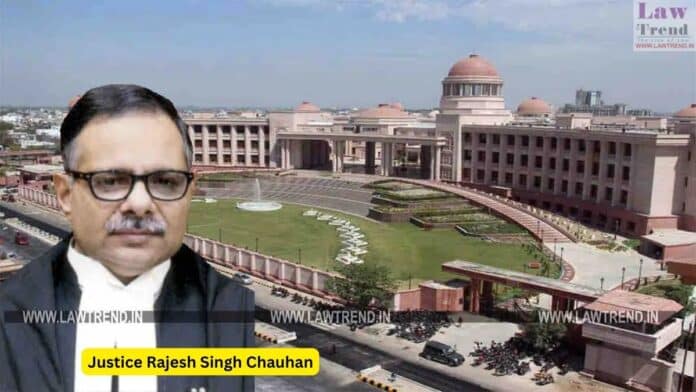In a significant decision balancing personal autonomy and legal compliance, the Allahabad High Court, Lucknow Bench, has granted interim bail to a man accused under the POCSO Act, subject to the condition that he marries the prosecutrix under the Special Marriage Act. The ruling was delivered by Justice Rajesh Singh Chauhan in Criminal Misc. Bail
To Read More Please Subscribe to VIP Membership for Unlimited Access to All the Articles, Download Available Copies of Judgments/Order, Acess to Central/State Bare Acts, Advertisement Free Content, Access to More than 4000 Legal Drafts( Readymade Editable Formats of Suits, Petitions, Writs, Legal Notices, Divorce Petitions, 138 Notices, Bail Applications etc.) in Hindi and English.




